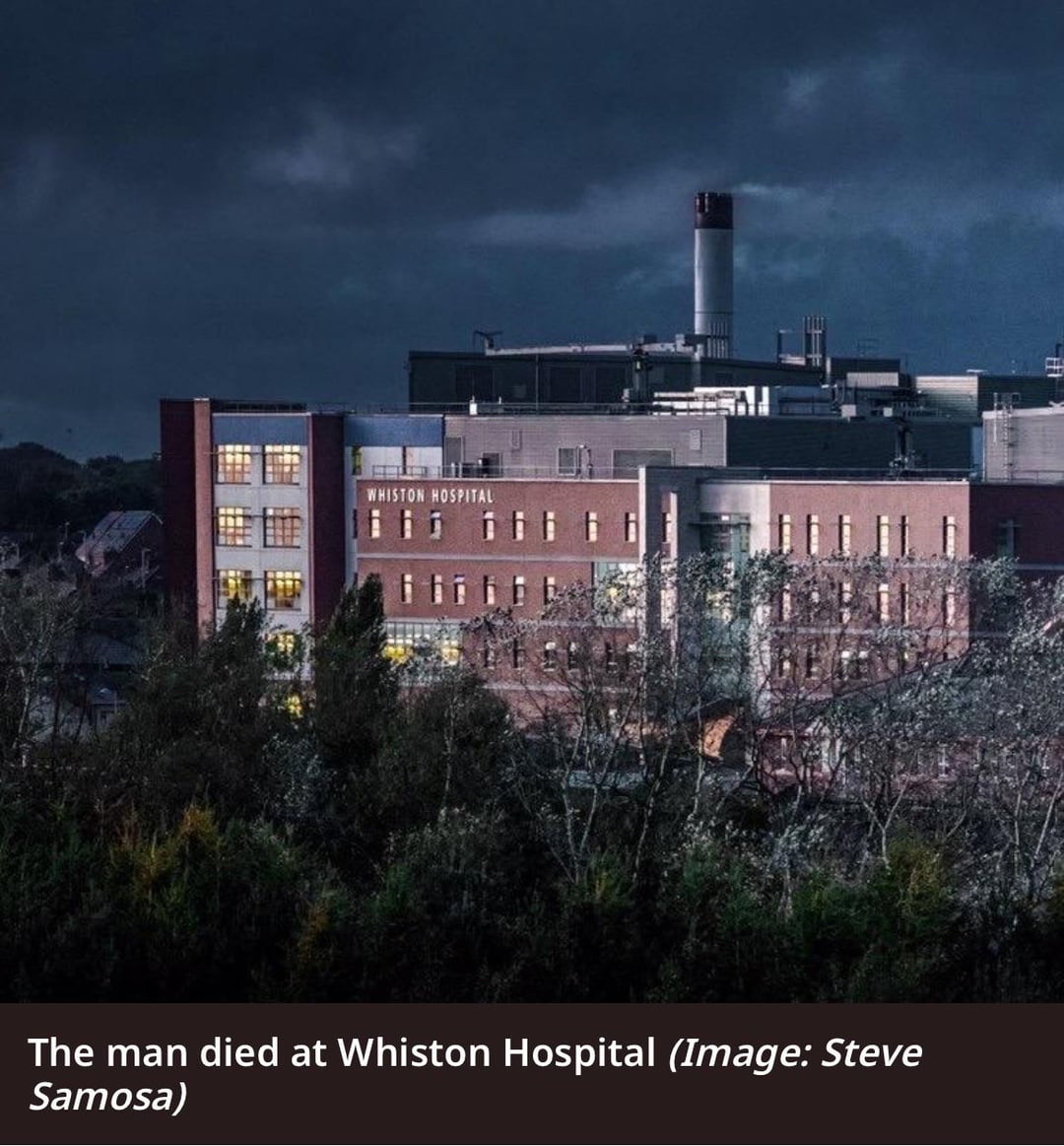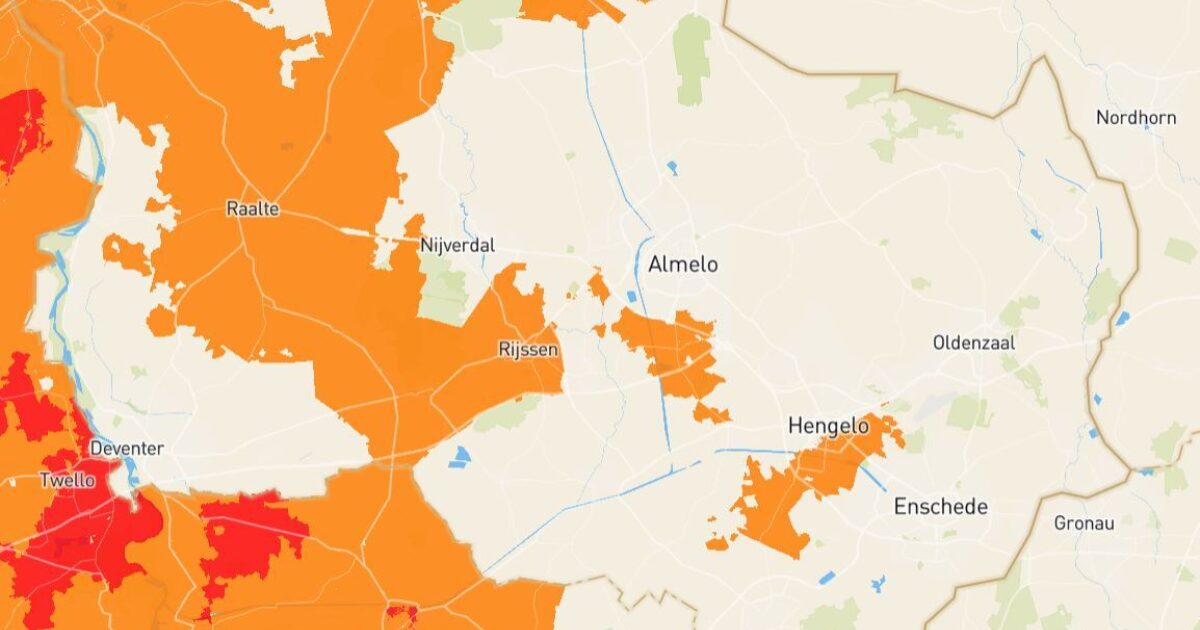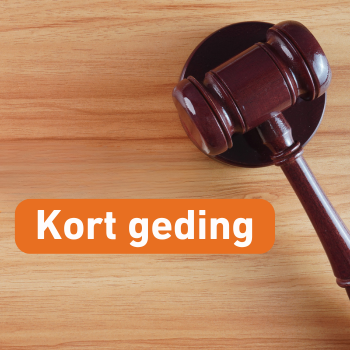Independent Office For Police Conduct (IOPC) Challenges BBC Panorama's Chris Kaba Documentary

Table of Contents
Brief Background on the Chris Kaba Case:
Chris Kaba, a 24-year-old unarmed Black man, was fatally shot by a Metropolitan Police officer in Streatham Hill, South London, in September 2022. The circumstances surrounding his death – a police stop that escalated to a fatal shooting – sparked immediate public outrage and widespread protests, demanding justice and transparency. The incident highlighted long-standing concerns about racial bias in policing and the need for rigorous investigations into police misconduct. The subsequent investigation by the IOPC faced intense scrutiny from the outset.
Introduction to the BBC Panorama Documentary:
The BBC Panorama documentary, aiming to shed light on the events leading up to and including Kaba's death, presented a compelling narrative that questioned the police's account of events. The documentary included interviews with witnesses and experts, and presented evidence suggesting potential flaws in the police investigation and raising concerns about the use of lethal force. These claims, among others, form the core of the IOPC's challenge.
The IOPC's Challenge:
The IOPC, responsible for investigating incidents of police misconduct, has formally challenged elements of the BBC Panorama documentary, citing concerns about factual accuracy and potential prejudice to the ongoing investigation. The IOPC argues that certain aspects of the documentary could undermine the fairness of the investigation and potentially influence public opinion before its conclusion.
Key Allegations in the BBC Panorama Documentary and IOPC's Response:
The BBC Panorama documentary contained several key allegations:
- Allegations of inadequate police training: The documentary implied that the officer involved lacked sufficient training in dealing with high-risk situations.
- Claims of insufficient investigation into the shooting: The documentary suggested that the IOPC's investigation itself was insufficient and lacked thoroughness.
- Questions surrounding the use of lethal force: The documentary questioned the justification for the use of lethal force, given Kaba was unarmed.
- Concerns about the accuracy of police accounts: The documentary highlighted discrepancies between witness testimonies and the official police narrative.
The IOPC countered these allegations by issuing statements emphasizing its commitment to a thorough and impartial investigation. While not directly refuting specific claims point-by-point publicly, the IOPC maintained that the documentary's presentation risked prejudicing the ongoing investigation and impacting potential future legal proceedings. The IOPC highlighted its own rigorous investigative processes and the wealth of evidence being considered, emphasizing that a full report will be made public in due course. The exact evidence presented by each side remains largely undisclosed to protect the integrity of the ongoing investigation.
IOPC's Role and Responsibilities in Police Misconduct Investigations:
The IOPC's mandate is to oversee and investigate complaints of police misconduct in England and Wales. Its responsibilities include:
- Independent investigation: Conducting impartial and thorough investigations into serious incidents involving the police.
- Accountability: Holding police officers accountable for their actions.
- Recommendations: Making recommendations to improve police practices and prevent future misconduct.
The IOPC's investigative processes involve gathering evidence, interviewing witnesses, and reviewing relevant documentation. They operate under a strict legal framework, bound by rules of evidence and confidentiality. The IOPC's actions are subject to judicial review, ensuring that their processes are fair and comply with the law. Previous case law, particularly concerning the use of lethal force by police, will undoubtedly inform the IOPC’s approach and its assessment of the BBC Panorama's claims.
The Public's Reaction and the Impact on Public Trust in the Police:
The BBC Panorama documentary and the subsequent IOPC challenge have sparked a significant public reaction. Social media platforms have seen intense discussions, with many expressing concerns about police brutality and the need for greater accountability. Others have defended the police, highlighting the difficult situations officers face. The controversy has inevitably impacted public trust in both the police and the IOPC. Any perceived lack of transparency or perceived bias from either side fuels public distrust and anxieties, raising questions about institutional racism and the effectiveness of current oversight mechanisms. This situation underscores the urgent need for comprehensive police reform and increased transparency in investigations of police misconduct.
Potential Outcomes of the IOPC Challenge:
The IOPC's challenge against the BBC Panorama documentary could have several outcomes:
- No action: The IOPC may decide that no further action is required.
- Corrections or clarifications: The BBC might be asked to issue corrections or clarifications to the documentary.
- Legal action: The IOPC could pursue legal action against the BBC for defamation or other legal breaches.
The legal ramifications could be far-reaching, potentially setting important precedents for future interactions between investigative bodies and media outlets. The outcome will significantly affect public perception of both the IOPC and the BBC, and importantly, it will influence the overall transparency and accountability of police conduct investigations.
Conclusion: Understanding the IOPC Challenge to the Chris Kaba Documentary
The IOPC’s challenge to the BBC Panorama documentary concerning the Chris Kaba shooting highlights the ongoing tensions between the need for transparent investigations into police misconduct and the complexities of maintaining the integrity of those investigations. The core point of contention remains the balance between public access to information and the potential for prejudice to ongoing legal proceedings. The IOPC's role in ensuring accountability for police actions is paramount, and its actions in this case will have a lasting impact on public trust and the future of police oversight.
Stay updated on the ongoing legal challenges and the Independent Office for Police Conduct's (IOPC) role in ensuring accountability for police misconduct. Learn more about the IOPC and how you can contribute to improving police transparency and accountability. Understanding the IOPC’s processes and its limitations is crucial for fostering a more just and equitable policing system.

Featured Posts
-
 A Reflective Prince William New Photo From Kensington Palace
May 01, 2025
A Reflective Prince William New Photo From Kensington Palace
May 01, 2025 -
 When Is Kamala Harris Returning To Politics
May 01, 2025
When Is Kamala Harris Returning To Politics
May 01, 2025 -
 The Power Of Middle Management Driving Business Results And Fostering Employee Success
May 01, 2025
The Power Of Middle Management Driving Business Results And Fostering Employee Success
May 01, 2025 -
 1000 Limburgse Ondernemers Wachten Op Energieaansluiting Van Enexis
May 01, 2025
1000 Limburgse Ondernemers Wachten Op Energieaansluiting Van Enexis
May 01, 2025 -
 Kampen Start Kort Geding Tegen Enexis Aansluiting Stroomnet Geweigerd
May 01, 2025
Kampen Start Kort Geding Tegen Enexis Aansluiting Stroomnet Geweigerd
May 01, 2025
